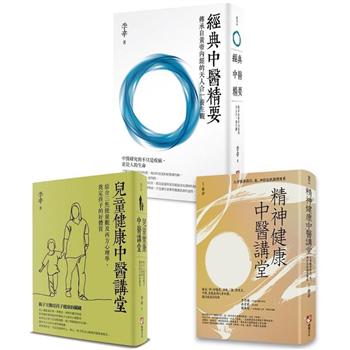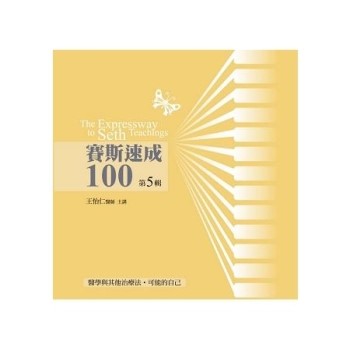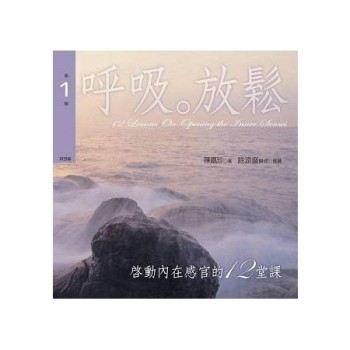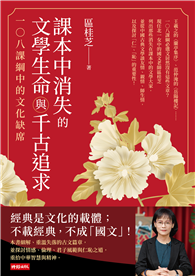In an international arena where the utility of military force may be declining, statesmen are inclined to search for alternative means of pursuing national policy. The manipulation of international sport is one such means. This book examines the 1980 United States boycott of the Olympic Games in order to assess the desirability and effectiveness of using international sport as a political instrument. Derick L. Hulme, Jr. reveals the pitfalls as well as the opportunities of such diplomacy by using the 1980 Olympic boycott as a framework. Concluding that the boycott was both a success and a failure, Hulme challenges generally accepted views of employing sport as a political instrument. The book points out that while the boycott succeeded in inflicting significant costs upon the Soviet Union for its invasion of Afghanistan, the White House was unable to enlist Western European support, reinforcing the perception that the leadership capabilities of the post-Vietnam United States were in decline.
The book offers comprehensive coverage, from both a descriptive and analytical viewpoint, of the events in 1980 surrounding the decision to boycott. Hulme examines this decision as well as the domestic and international campaigns to rally support for President Carter's initiative. This provides a foundation upon which to critically assess the boycott effort. Finally, the book evaluates the relevance of the 1980 boycott to the emergence of international political sport as a significant policy alternative. Students and scholars of international diplomacy as well as anyone interested in the Olympic Games as a diplomatic tool, will find The Political Olympics a valuable resource.












